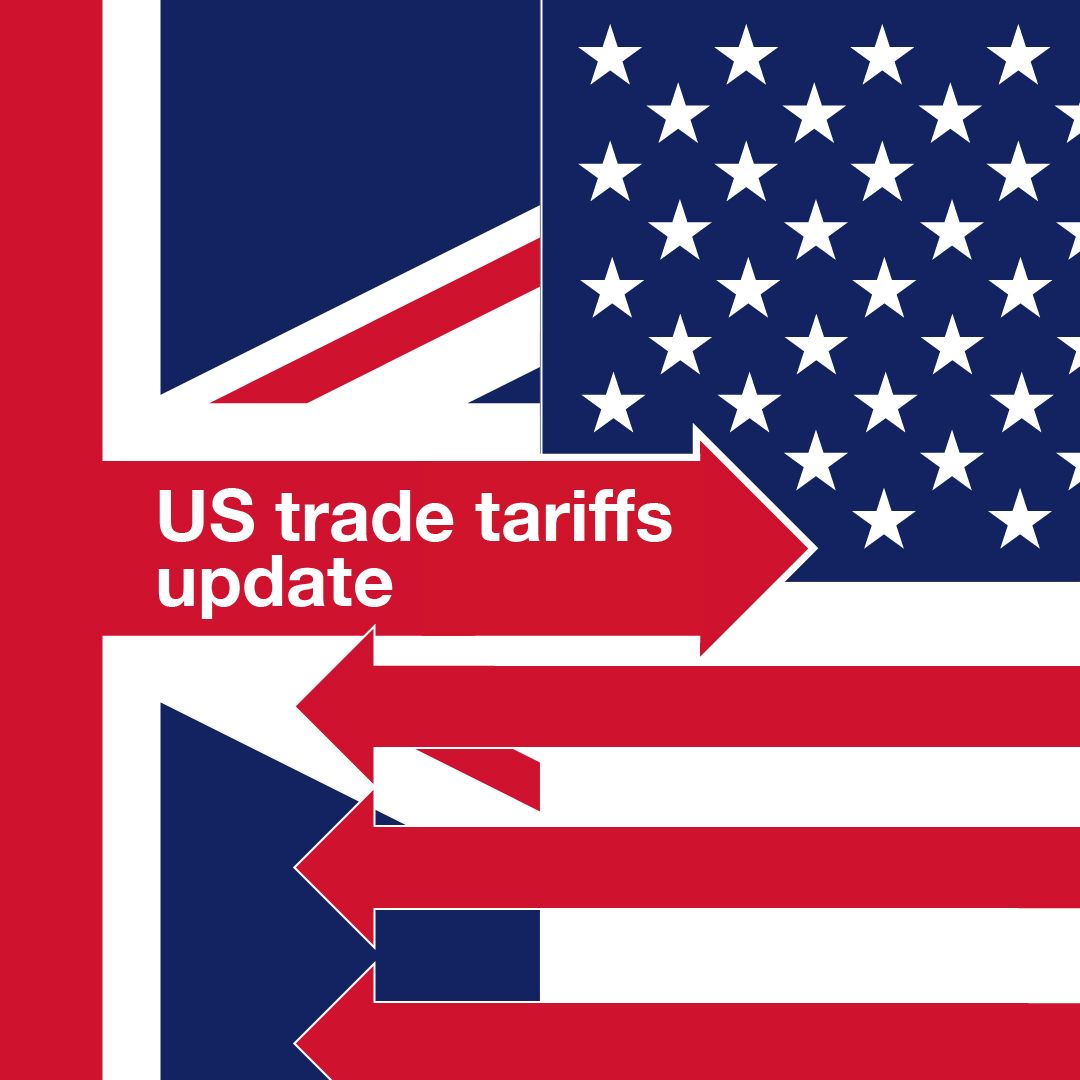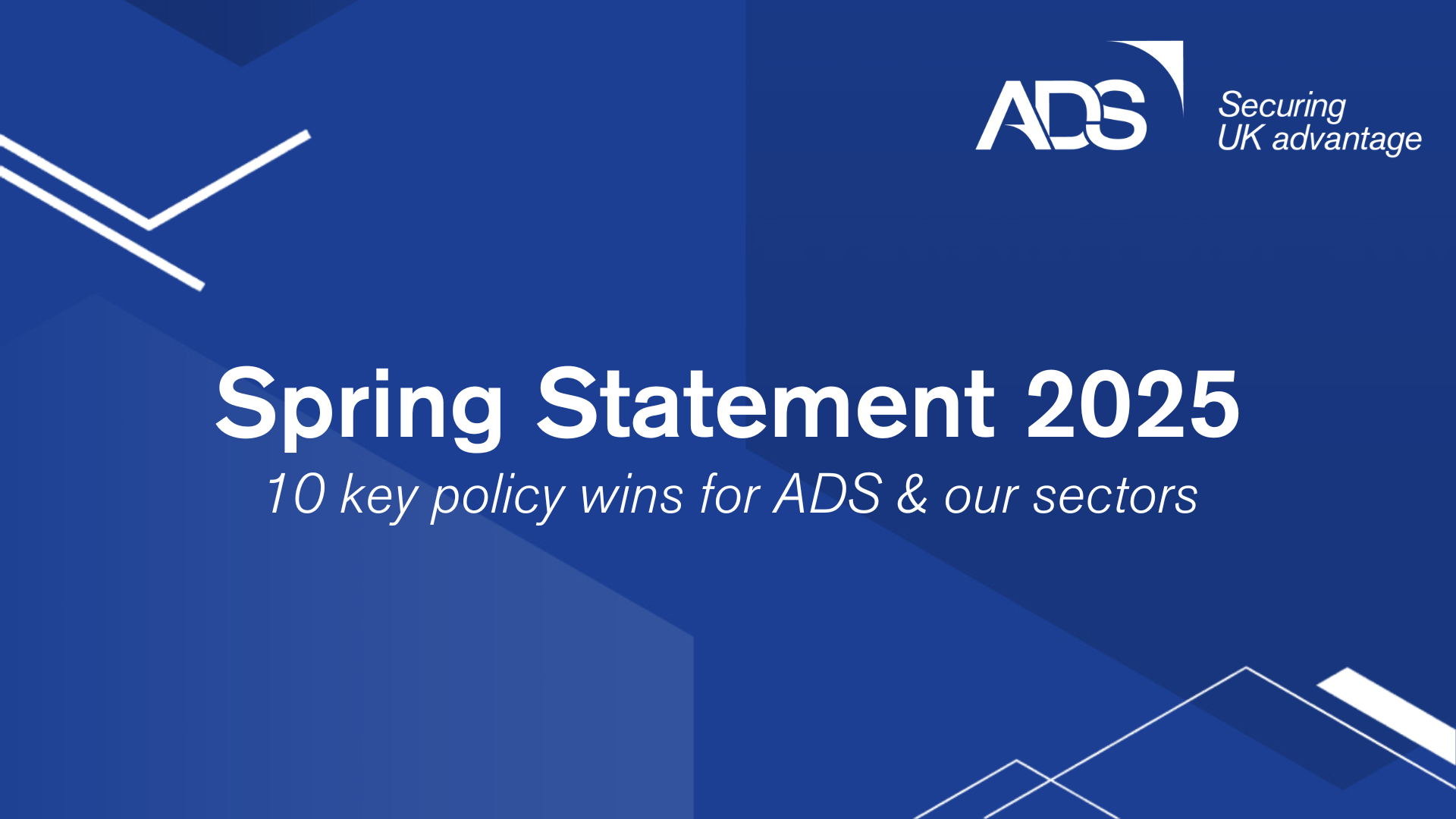
Written by Prenavin Mudaly, Industry Secondee
Enhancing the UK Regulatory Landscape to Foster Innovation, Investment and Growth
The UK Government recently published a white paper, Smarter regulation: Delivering a regulatory environment for innovation, investment and growth, outlining plans to create a new regulatory landscape for innovation, investment and growth. The paper highlights that despite its international reputation, the current UK regulatory framework costs businesses 3-4% of GDP (£70 billion in 2023). Surveyed in the paper, nearly half of businesses find regulation burdensome due to complexity, slow processes and the unclear roles of over 100 regulatory bodies.
In response to the November 2023 “Smarter Regulation” consultation, ADS stressed the need for UK regulators to collaborate with industry to understand future technology and create an agile regulatory framework. In this report the Government has acknowledged the need for systemic reform to enhance regulatory operations, guidance, accountability and collaboration. However, the specifics of how regulators and industry will interact to shape future regulations remain unclear.
Cultivating a World-Class Service Culture Through Reform
The white paper details the UK Government’s plan to establish a world-class service through ten smarter regulation principles for all departments. Ministers will oversee their application and results. The plan includes creating a regulator register as a ‘one stop shop’ for information and introducing a ‘Share Once Support Register’ to aid consumers.
The document outlines twenty-three reforms demonstrating that improved regulation is achievable. It emphasises that enhancements do not always require major legislative changes; instead, upgrading existing government practices is crucial, especially when significant deregulation is not feasible. Notable reforms include:
- Reform 6: The Government will fund the UK Regulators Network (UKRN) to create a cross-sector secondment program and enhance their online platform for visibility of jobs and career opportunities across all UK regulators.
- Reform 7: The Government will collaborate with regulators to address skills challenges and support career development by launching a task force with industry experts to establish a ‘Regulator Profession.’
- Reform 9: The Government will publish renewed policy and strategic guidance for select regulators in 2024 including the Civil Aviation Authority (CAA).
- Reform 20: The Government will strengthen the Better Regulation Framework to apply a higher standard of scrutiny within government to regulatory proposals within the scope of the framework.
Reforms 6 and 7 aim to improve regulatory resourcing and affirm the Government’s commitment to an ambitious regulatory environment, helping UK regulators respond to emerging issues. Reform 9 may help address ADS’s concerns about the CAA’s internal communication barriers. Finally, reform 20 involves industry in assessing new regulatory proposals before they reach parliament, a positive change.
Strengthening Guidance, Duties and Accountability
ADS particularly welcomes the Growth Duty Performance Framework outlined in the paper. Reform 11 introduces metrics and qualitative evidence for regulators to report on economic growth. Reform 12 mandates annual publication of regulator performance data based on these metrics. This aims to promote transparency and encourage innovation, investment, and growth. Additionally, a Regulators Council will be established to enhance strategic dialogue and monitor policy effectiveness. Government departmental reports will now include clear measurements of regulatory costs and benefits for each significant regulation introduced.
Government Leadership in Supporting Regulators
The UK Government will strengthen the Regulatory Policy Committee and Better Regulation Framework, improve cost assessments of regulations, and encourage non-regulatory alternatives. In conclusion, ADS welcomes these reforms and increased transparency but calls for more details on industry involvement with the Government and regulators.





